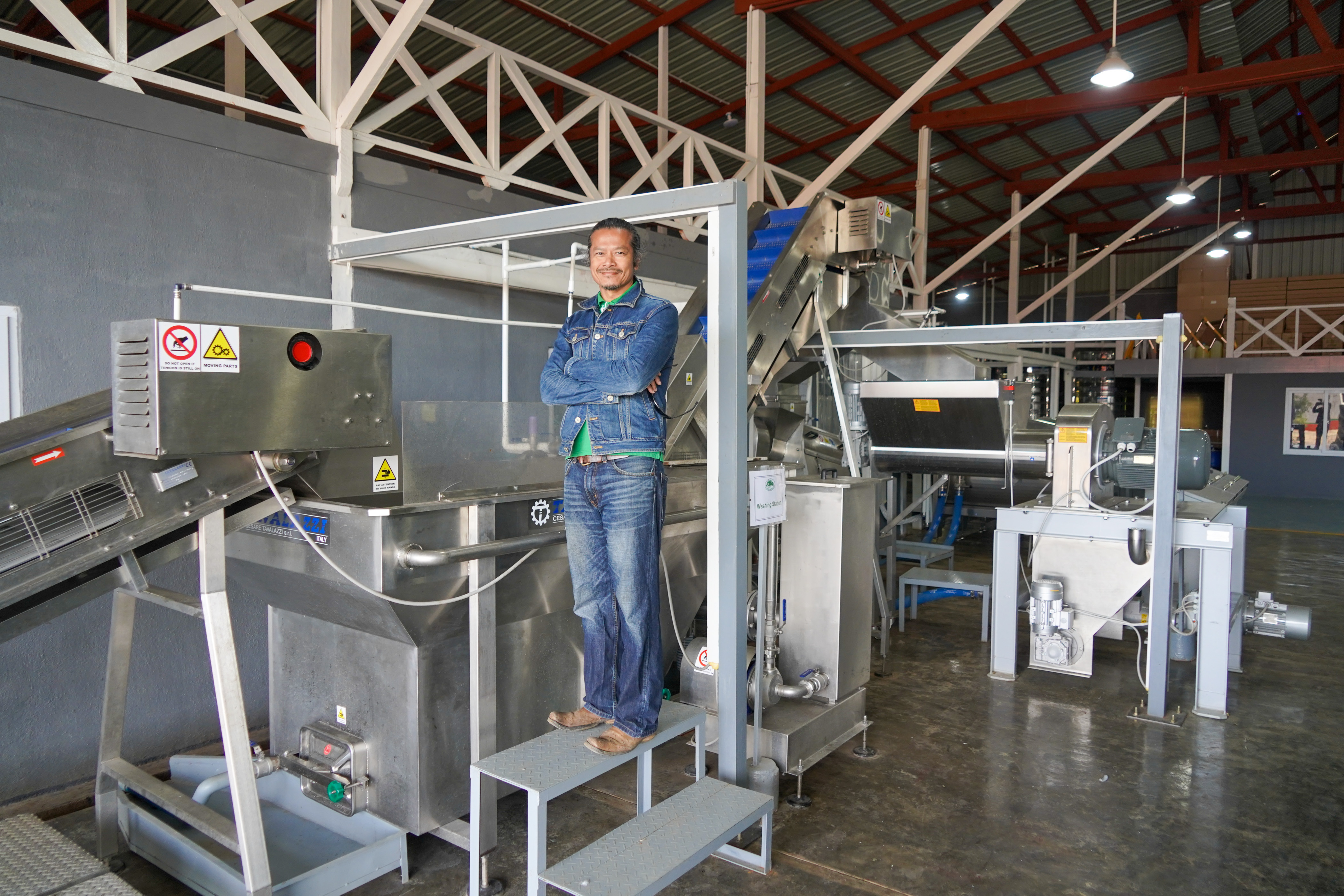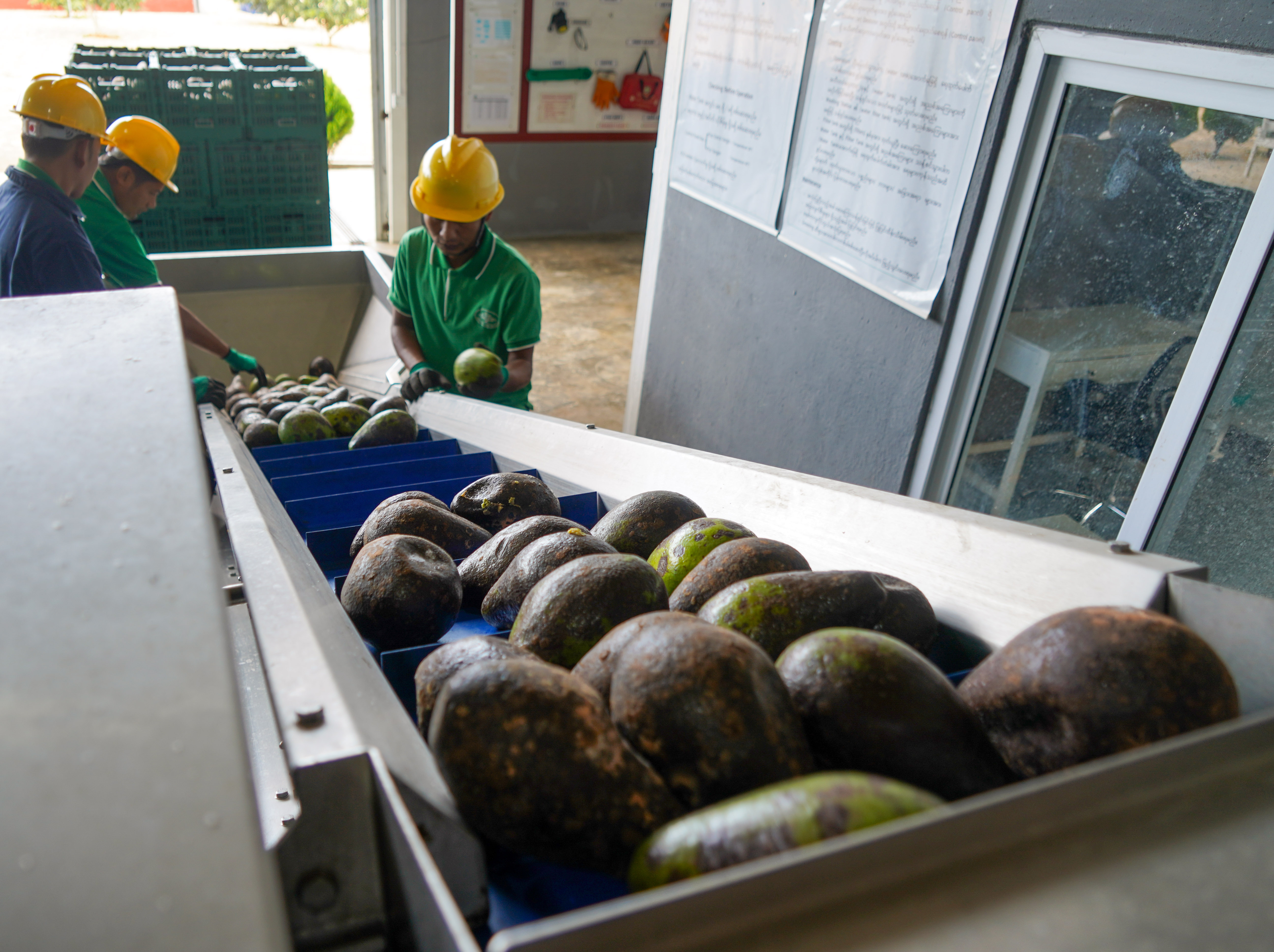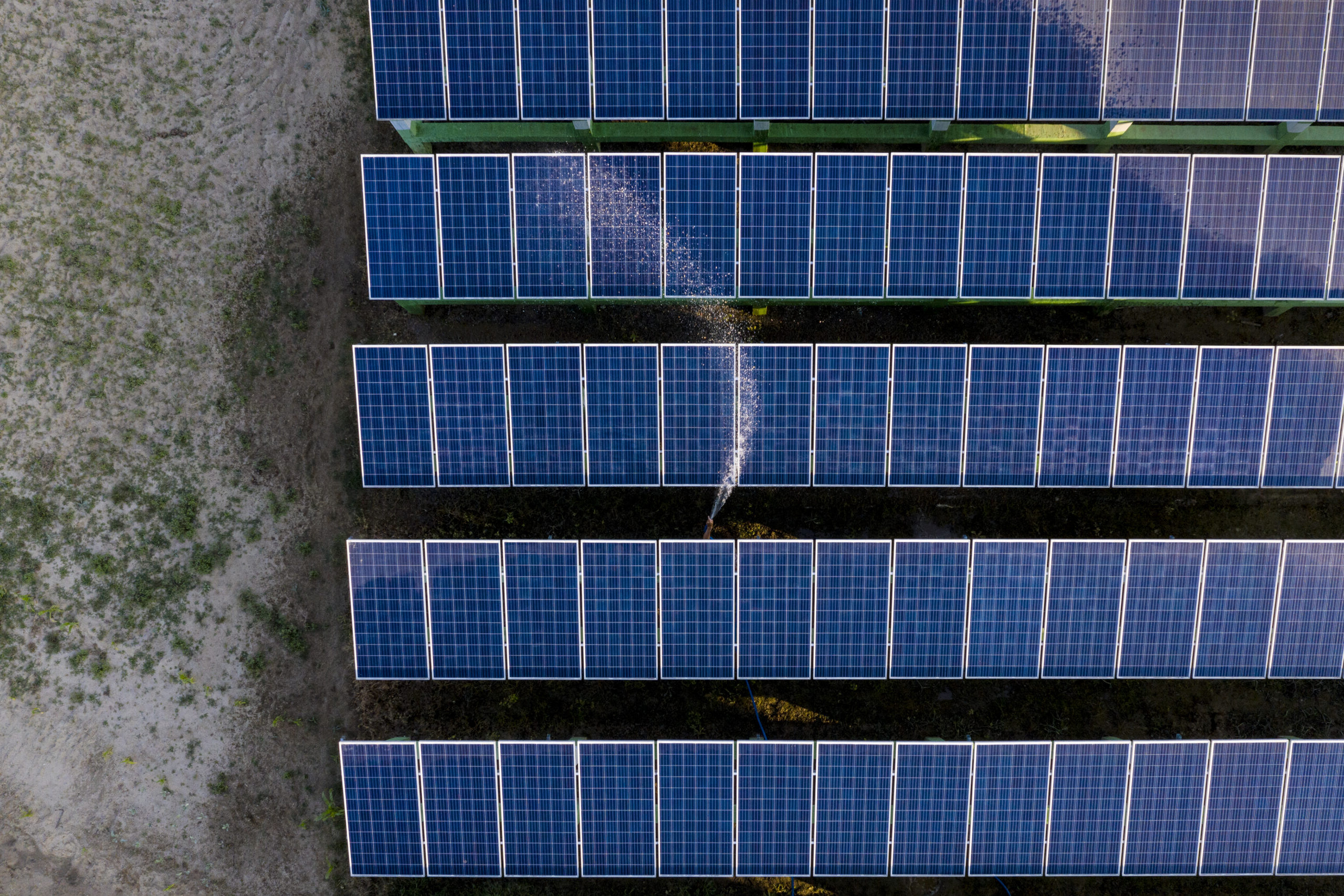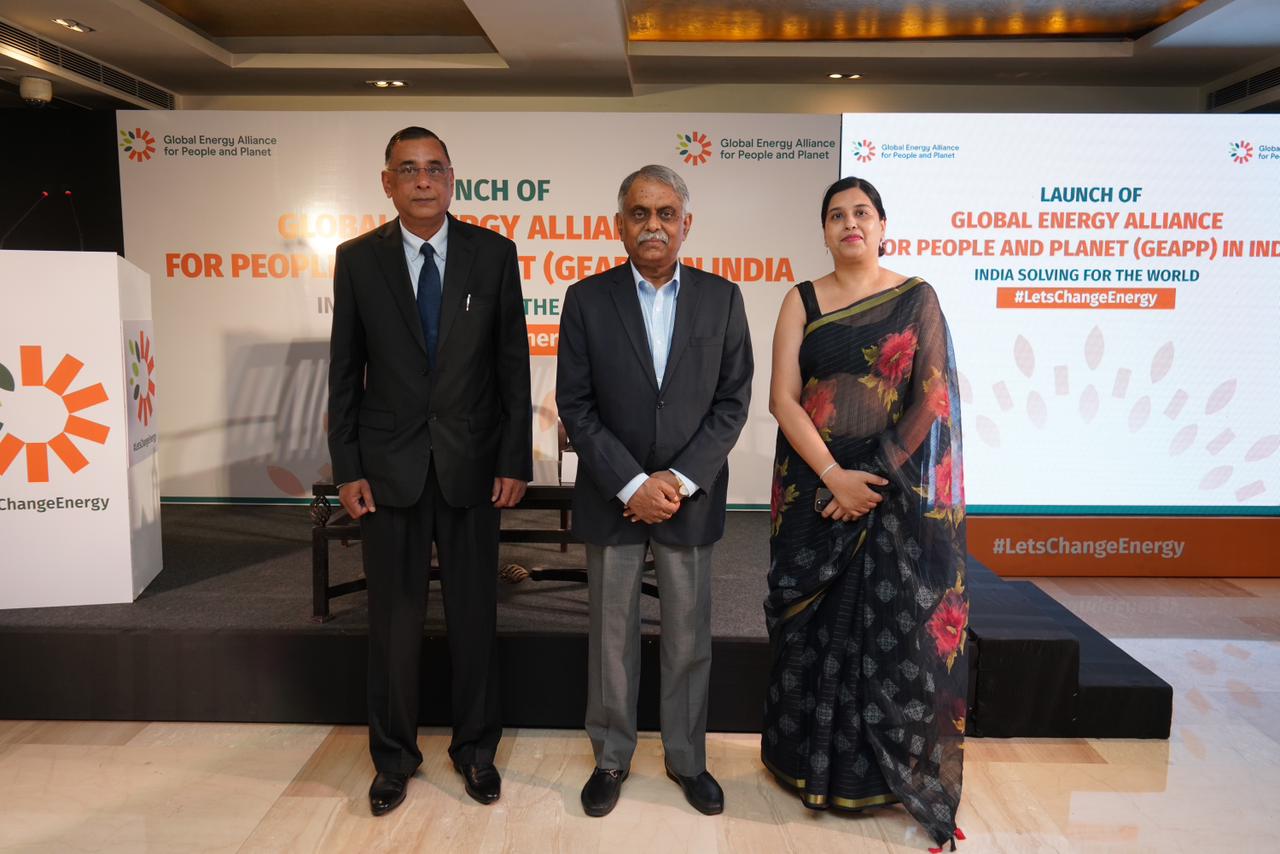Redefining Myanmar’s Energy Future

The Energy Dilemma
It’s a languid Friday afternoon in Myanmar’s Shan Hills. Sunshine pours over the avocado trees as a dusty dog naps in the shade. We only hear the wind through the leaves and the faint sound of women chatting as they work.
“Our biggest challenge is that there is no grid power here,” said Nathan Winn, Managing Director of Shan Orchard. “If you look around, the closest pole is about one mile away from us.”
Nathan, a man in his early 50s, peers through a weathered complexion that compliments his denim jacket and long salt-and-pepper hair. “We’re having to operate on a diesel-fuel-powered generator, and that has been costly.”

Nathan’s story is all too common in Myanmar, a country where less than 62% of households have electricity access.
The remainder relies on diesel generation, a few renewables, and commonly, no electricity at all. But even for those on the national grid, lengthy power outages are the norm, particularly since Myanmar’s prolonged political turmoil.
Born in Myanmar and raised in California since he was nine years old, Nathan served 20 years in the U.S. Army, retiring as a major before moving back to Myanmar in 2016. Two years later, he founded Shan Orchard, Myanmar’s first avocado oil producer.
With 264 local suppliers, 16 staff, 14 hectares of land, and a factory that produces 5,000 liters of oil monthly, Shan Orchard’s energy needs are demanding.
Out of necessity and following in the footsteps of nearly every industrial business in Myanmar, it turned to diesel power. “Right now, we spend about $3,000 a month on fuel. It’s really difficult.”
Nathan pursued solar energy but didn’t have the working capital to buy a system outright, and local banks—unfamiliar with solar—wouldn’t provide a loan.
“But with Smart Power Myanmar’s technical support and financial guarantee, we can now finance the project through a loan.”
Transforming a Country
Smart Power Myanmar (SPM), an initiative implemented by Pact, has been a driving force in Myanmar’s on-grid and off-grid electrification since 2019.
Formerly focused on researching and implementing solutions for rural energy access, in 2023, SPM partnered with Global Energy Alliance for People and Planet (GEAPP) to catalyze solar finance for Myanmar’s commercial and industrial small-and-medium sized enterprises (SMEs).
SPM works with the Alliance and USAID-funded private sector partners to bring off-grid solar power to rural enterprises to enable them to use electricity to expand output, improve quality, create/sustain jobs, and reduce reliance on diesel generation. SPM and GEAPP are working to de-risk lending for solar power systems and providing technical assistance to help design and source these systems.
“SMEs are desperate for renewable energy, but Myanmar’s solar ecosystem is still in its infancy,” said Min Chan Win, Managing Director of Smart Power Myanmar.

“If we can remove the hurdles facing solar development and finance, the energy transition will be dramatic and life-changing.”
Solar is not simply about generating electricity; it’s about creating benefits that ripple across the economy.
For instance, the lowered operating costs and increased reliability can help local businesses avoid downsizing or closure while also securing Myanmar’s agricultural value chain, which employs at least 43% of the workforce.
By 2026, SPM expects to unlock solar for 100 new commercial and industrial solar businesses. The resulting clean energy will avert 100 tons of carbon emissions, secure over 70,000 jobs, and improve the livelihoods of more than 600,000 people.
“The key to all of this happening is a holistic approach,” said Min. “Through technical, financial, and capacity-building support, SPM is involved in every step of the solar journey.”
On the technical side, SPM oversees everything from system design to final installation. On the financing side, it works closely with local banks to provide facilitation support, loan guarantees, and solar finance workshops. With the combination of technical support and blended finance, small-scale commercial solar for agriculture and SMEs in Myanmar can be developed with local capital and local engineering.
“Everything we do is designed to enhance the sector’s capacity and de-risk solar investment.”
To accelerate the process, SPM is leveraging Pact’s lengthy history in Myanmar and GEAPP’s extensive international alliance to develop a Myanmar-focused renewable energy community. The result: an unlikely network of governments, international aid organizations, engineering companies—and most importantly—local banks.
“With more successful loans and a maturing solar ecosystem, banks are beginning to see that solar is a safe investment,” said Min. “Soon, they will issue solar loans without external support. That’s why we’re here.”
Several months later, at Shan Orchard, Nathan Winn speaks with a soft smile, “We have the trees planted, we have the factory built, and now we have the reliable energy.”
“With solar power, there’s no stopping us.”


